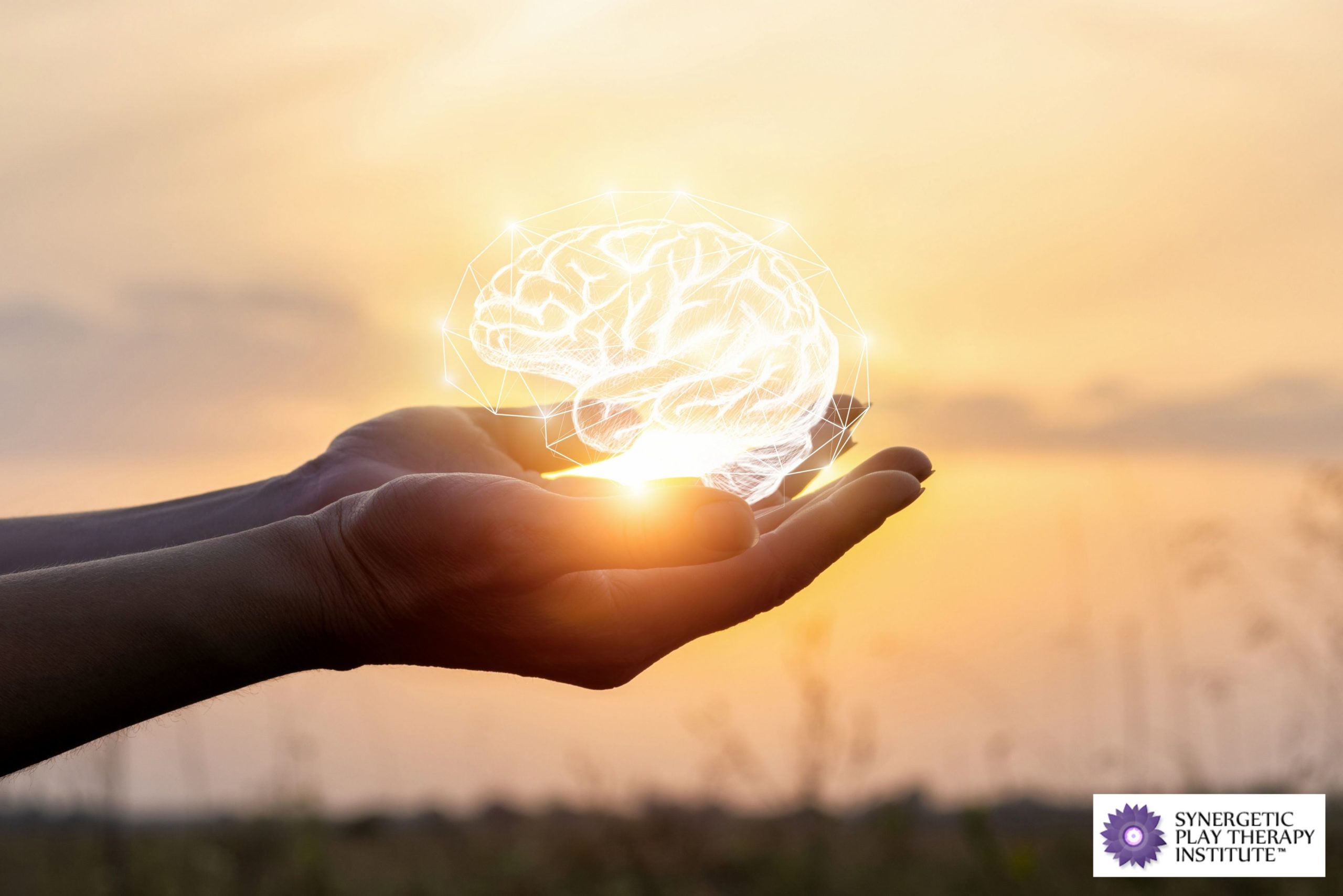By Lisa Dion, LPC, RPT-S
Gratefulness: tis’ the season! While being thankful is something we often strive to be, the holidays usher it into the spotlight: quiet please, gratitude is about to take the stage. We know this already – after all, one of the main holidays even has “Thanks” in its title. We also know what gratefulness feels like inside.
But, what we might not know is how the brain reacts to it: when you’re thankful, what’s it thinking?
Psychology Today recently published an article exploring this. What they discovered was that gratitude does indeed influence our neural pathways. This ultimately leaves us more content and even healthier. It can also impel us to engage in other beneficial activities like exercise and getting enough sleep (hence the healthier).
One of the studies discussed involved young adults who were tasked with keeping a daily journal full of things that made them grateful. A different group was tasked with keeping a journal full of thing they found annoying. The end result was not surprising: those keeping the gratitude journal were more attentive, determined, energized, and enthusiastic.
But the researchers didn’t stop there. Concerned that the idealism of the young was swaying the results, they performed the study again on a group of adults. And they discovered the same thing. Adults who wrote a list of what they were thankful for had more optimism about the future and improved exercise patterns. They had less physical ailments (aches and pains) as well.
Another study occurred in 2012. Chinese researchers looked at how gratitude – when combined with sleep – affected depression and anxiety. Higher levels of gratitude, they concluded, translated to better sleep and less depression/anxiety. This led them to wonder if gratitude was the key to the improvement or if gratitude enhanced sleep and it was this rest that proved most important.
They found out that – even when controlling for sleep – people with gratitude still had less depression, but they didn’t have less anxiety. This, of course, isn’t to say that gratitude has no place for the anxious: gratitude still improves the sleep of those with anxiety disorders and that sleeps eases the stress.
None of the above is perplexing: we’ve always known that gratitude enriches our lives in a number of ways. But what about the neuroscience?
A study from the National Institutes of Health looked at blood flow in the brain regions of those expressing gratitude. They found that higher gratitude levels led to higher activity levels in the hypothalamus. The hypothalamus controls many of our bodily functions, including eating, drinking, sleeping, stress, and metabolism. Perhaps this is why those with gratitude are better able to engage in an exercise program, sleep more soundly, and experience less depression.
Gratitude didn’t stop there: it also activates the “reward” regions of the brain. Dopamine is a neurotransmitter that helps us feel good – gratitude encourages it to do its job! But dopamine also makes us more likely to do things a second time, then a third, then a fourth. Feeling good is addictive. And gratefulness is too.
None of this is to say that gratitude is easy – it’s something we must hone and cultivate (like anything else). But it’s certainly worthy of our attention.
*Interested in credits and courses delivered to your living room? Take a look at all our classes, available on our learning site.




